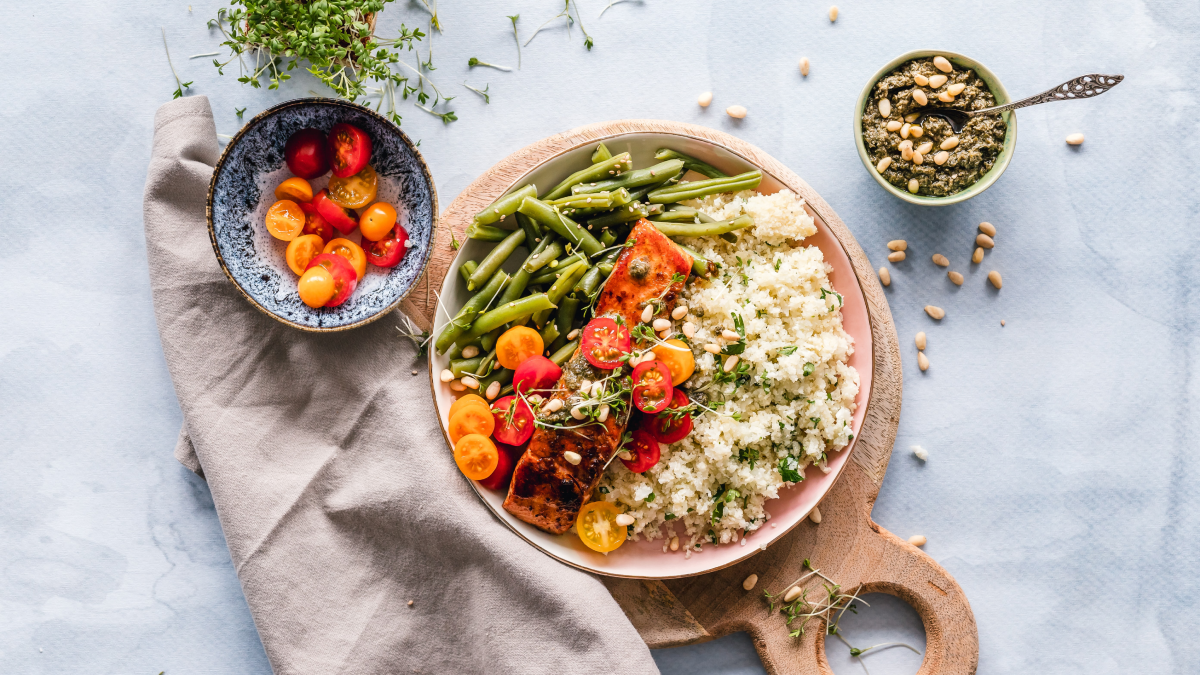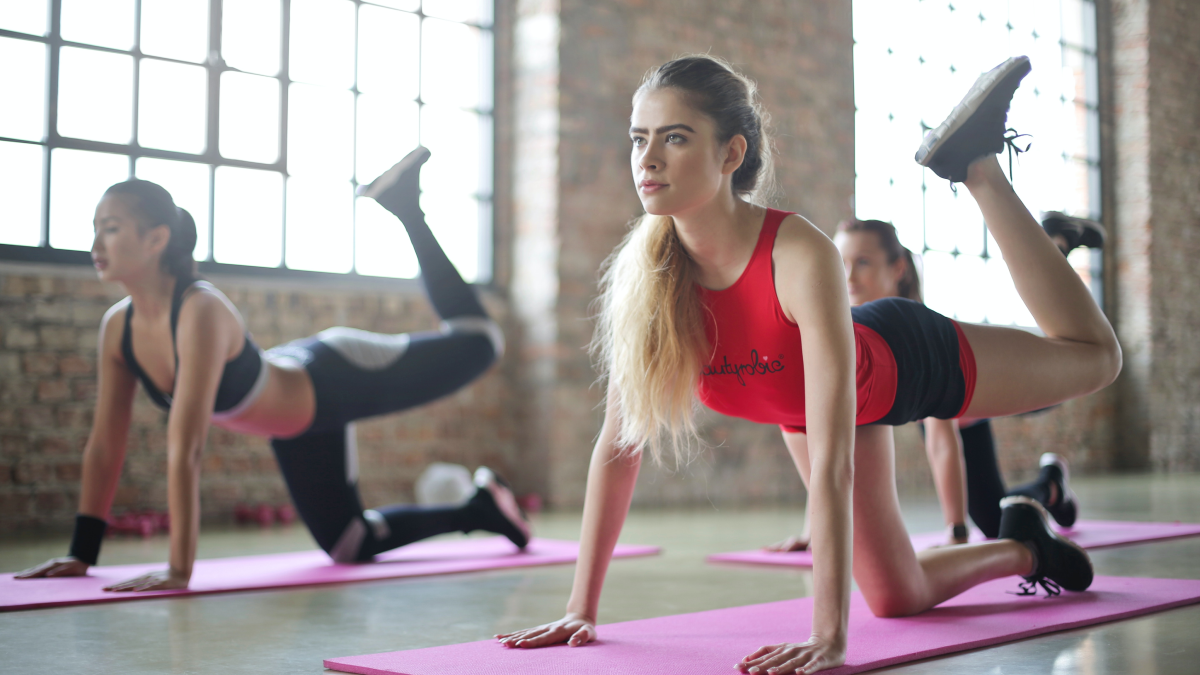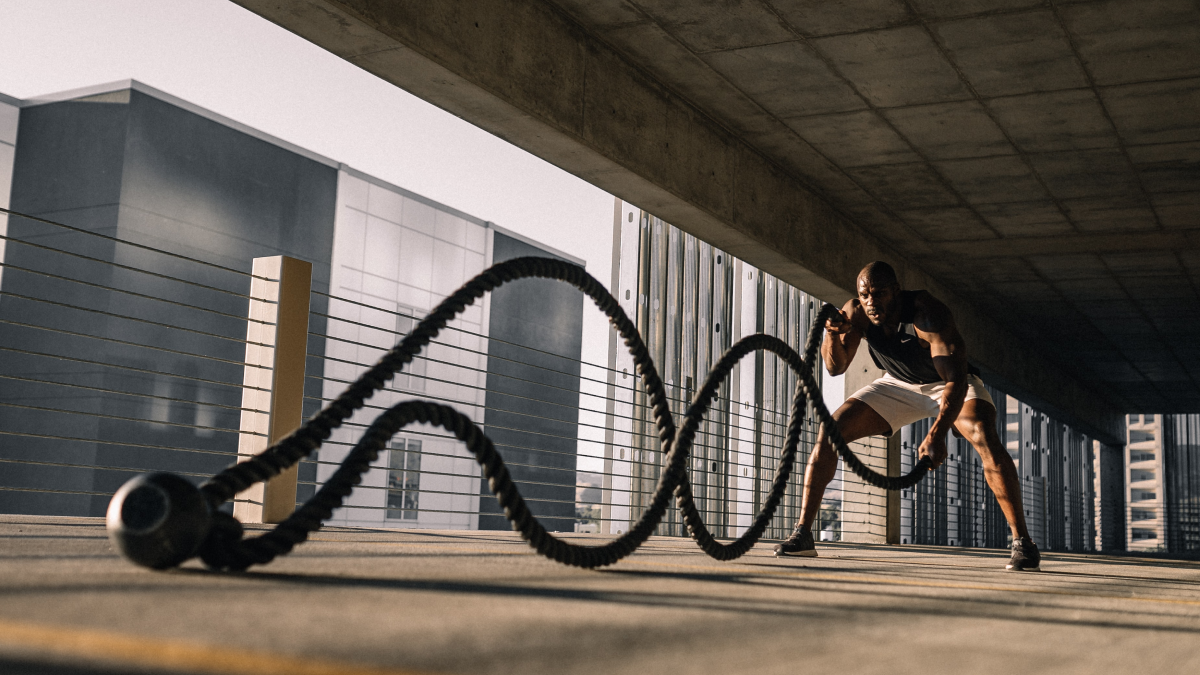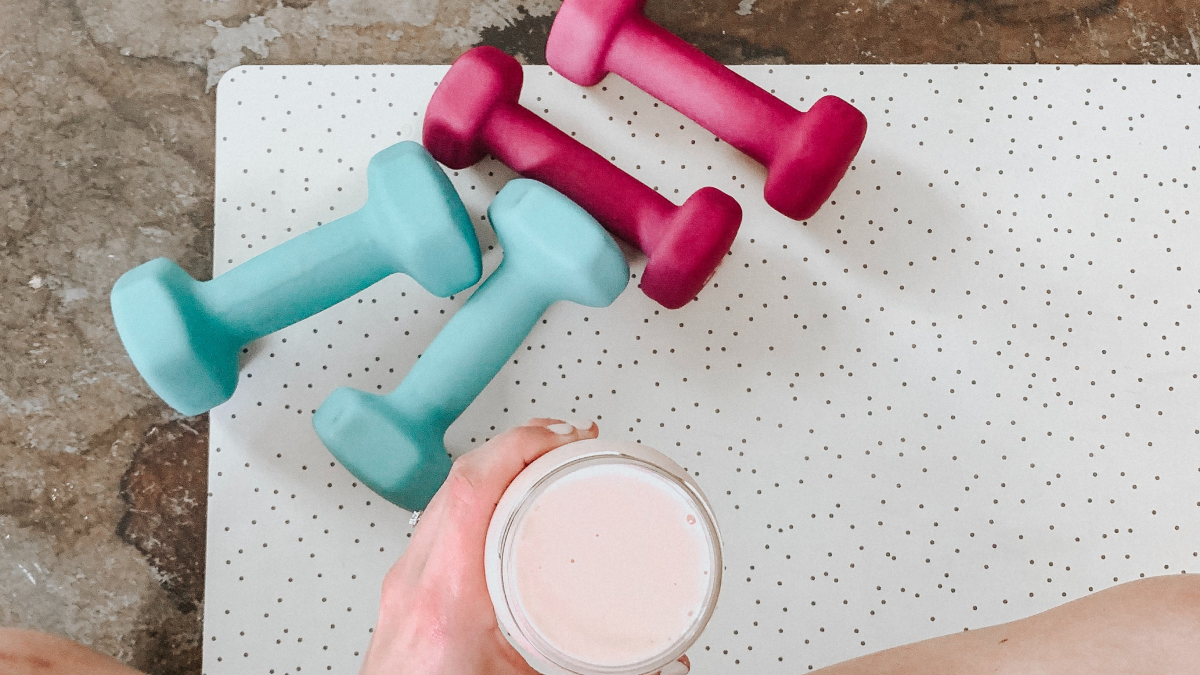
Can doing a workout burn carbs when you eat before you exercise?
Any kind of workout will help you to get rid of unwanted fat and burn calories. The more you exercise, the more you force your body to expend energy. That energy comes from the food you eat each day, as well as the fat stored in your cells.
Some people believe that eating before the workout will help them to dispose of excess carbs, increase metabolic performance, and more.
So, how much does eating before a workout affect your carb metabolization?
Carbs and the Human Body
Carbs are an often-debated topic in the fitness and weight loss world. Countless diets involve removing carbs from your meals entirely, or at least reducing the amount you consume. However, not all carbs are bad – just like not all fats are bad.
Carbohydrates are one of the three macronutrients in our diet. They cover everything from sugar, to starch, and fibre. Fibre, in particular, is important for the movement of the digestive system. Additionally, we rely on sugars to improve our performance and energy.
Starchy foods, like rice, potatoes, and pasta, are fantastic for offering energy to people during workouts and daily activities. Starches release energy slowly throughout the day. This means you can feel more energized for longer when you eat the right foods. It’s also why people eat more carbs before big training sessions.
Working out to Burn Carbs: The Facts

One study conducted in the UK found that having breakfast before your morning workout can trigger interesting actions from the body. Eating a piece of toast, for instance, might encourage your body to burn more carbs during exercise, according to research. What’s more, eating before your workout could also prompt the body to digest food faster after that workout.
This study looked at 12 men who indulged in an hour of cycling each morning, after breakfast, or porridge with milk (2 hours before the cycling session). After measuring the muscle glycogen and glucose levels of the men, the researchers found that eating did make a difference. The men who had breakfast were able to burn more carbs during exercise.
Crucially, your ability to burn carbs following a meal may be affected by your genetics. Experts believe that genetic factors can prompt the body to attempt to store and process carbs.
The fact that different people respond to carbs in different ways is why some people benefit from the Keto diet, and others don’t. If you’re genetically predisposed to burn carbs and store fat anyway, a diet that focuses on replacing carbs with fats won’t help you to lose weight.
If you’re wondering “does working out burn carbs on keto”, some people believe that it may be possible to eat slightly more carbs than your standard allowance if you work out after the meal. Once again, this will depend on your specific body structure.
Eating the Right Foods to Burn Carbs
When answering the question “can working out burn carbs?” it’s important to know that the kind of foods you eat make a huge difference to any workout. Fuelling yourself with proper nutrition before exercise gives you the strength and energy you need to perform. The better you can work out, the better your results will be.
Eating carbs before a workout fuels your muscles by giving them access to glucose. The body processes and stores glucose through glycogen, mostly in the muscles and liver. For short-term, high-intensity exercise, like rowing, glycogen is the main source of muscle energy. Longer exercises (like long-term running or cycling), differ in the way they use carb resources.
The intensity of your workout, the type of training, and the diet you follow will all have an impact. The amount of glycogen you can store in your muscles is finite, as these stores are depleted, your intensity and output in any workout will decrease.
If you want to push yourself to do more high-intensity exercise, replenishing your reserves with carbs could be useful. Studies show that carbs increase glycogen storage and use while improving carb oxidation. Carb loading, for instance, is a common way to prepare for a high-intensity task, like a marathon.
When Should You Eat Before a Workout?

The answer to “does working out burn carbs after eating?” could be a resounding “yes” for some.
However, it’s important to get the food, and timing of your meal right. To maximise, don’t eat five minutes before you go to the gym. This increases your chances of getting cramps and gastrointestinal issues. Instead, you need to eat a complete meal containing protein, carbs, and fat around 2 or 3 hours before you exercise.
If you can’t time your meal perfectly, follow this rule. The closer you get to your workout, the smaller your pre-workout meal should be. For instance, if you’re eating 45 minutes before your exercise routine, a full meal isn’t a good idea.
Your stomach needs time to digest the food and transform it into energy for your muscles. Working out too quickly after food shakes up your digestive system.
What Could a Pre-Workout Meal Involve?

As mentioned above, it’s not just the timing that counts.
Which foods you eat will depend on the type (and duration) of your exercise. Eating fat with a pre workout meal should only be an option if you’re eating a few hours before you exercise.
If you’re planning a workout in a few hours, you could consider a whole-grain sandwich with lean protein, like chicken or turkey. Eggs and wholegrain toast with avocado is another popular choice. Alternatively, try a nutritious option like brown rice.
If your workout starts within 2 hours, try a smoothie with protein powder and banana. Whole-grain cereals and milk are also a good choice, or oatmeal with fruit. Natural almond butter on wholewheat bread is a great way to get some healthy carbs.
If your workout is in less than hour, stick to something simple, like a piece of fruit, or a Greek yogurt. At this point, your body won’t have enough time to convert carbs into glucose.
How to Ramp Up Your Workout
If you’re keen to burn more carbs and improve your performance during a workout, eating before a routine isn’t your only option. A lot of athletes also use supplementation to help improve their endurance, for instance:
- Creatine is ideal for improving muscle fibre size, muscle mass, and power, while reducing fatigue. It’s often more effective taken after an exercise routine. Creation could be the perfect post-workout supplement.
- Caffeine is something many people are used to getting in their daily routine. A cup of tea or coffee with your meal before your workout can give you a wonderful energy boost. If you prefer to stick with a supplemental pill, you can try taking one around 90 minutes before exercising. This should improve the effects.
- Branched-Chain Amino Acids: BCAAs are the amino acids that help to reduce muscle damage and boost muscle protein synthesis. If you want to feel less uncomfortable after a major workout, a BCAA dose could help.
Since everyone responds differently to different food groups and supplements, it’s best to create a strategy that’s tailor-made for you. Your genetic profile will give you an insight into the kind of nutrients that are most likely to power your workout. You can also use this guidance to determine how your body burns fat and carbs.
Understanding your genetic makeup makes it easier to answer the question “will working out burn carbs?” while ensuring that you don’t push yourself beyond your limits.
Remember Proper Workout Care

Aside from eating the right food before your workout, keep in mind that you can improve your results by looking after yourself too. Getting plenty of water during, before, and after exercise is essential. Whether you’re trying to burn carbs or not, good hydration is the key. Dehydration is constantly linked to decreases in performance.
With your water, consider investing in energy drinks or sodium and water mixtures before you drink to improve your fluid balance. After you exercise, get plenty of water into your system to replenish your body, and look into how you can restore your energy with lightweight food.
Carbs are just one part of your workout strategy. The way you consume carbohydrates before, during and after a workout can make a difference to the way your body uses energy and crucial resources. However, it’s important to think about carb burning as one part of a holistic plan for good health.
Speak to your doctor or personal trainer about how you can get the right carb and fat-burning results from your diet and exercise routine.
To learn more about how your body processes carbs, reach out to CircleDNA for your very own health report. For a limited time, you can enjoy 25% off any CircleDNA kits with our Promo Code “CIRCLE25“. It’s our treat – so head over to CircleDNA and unlock your genetic code!






